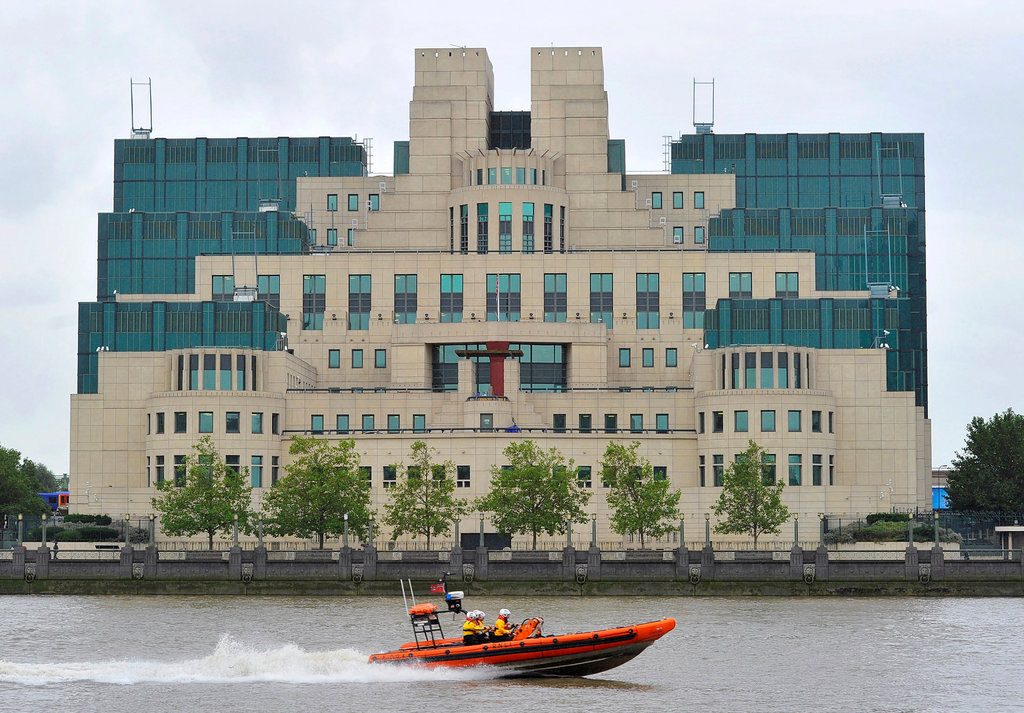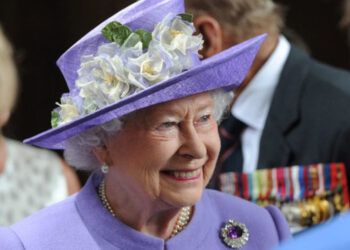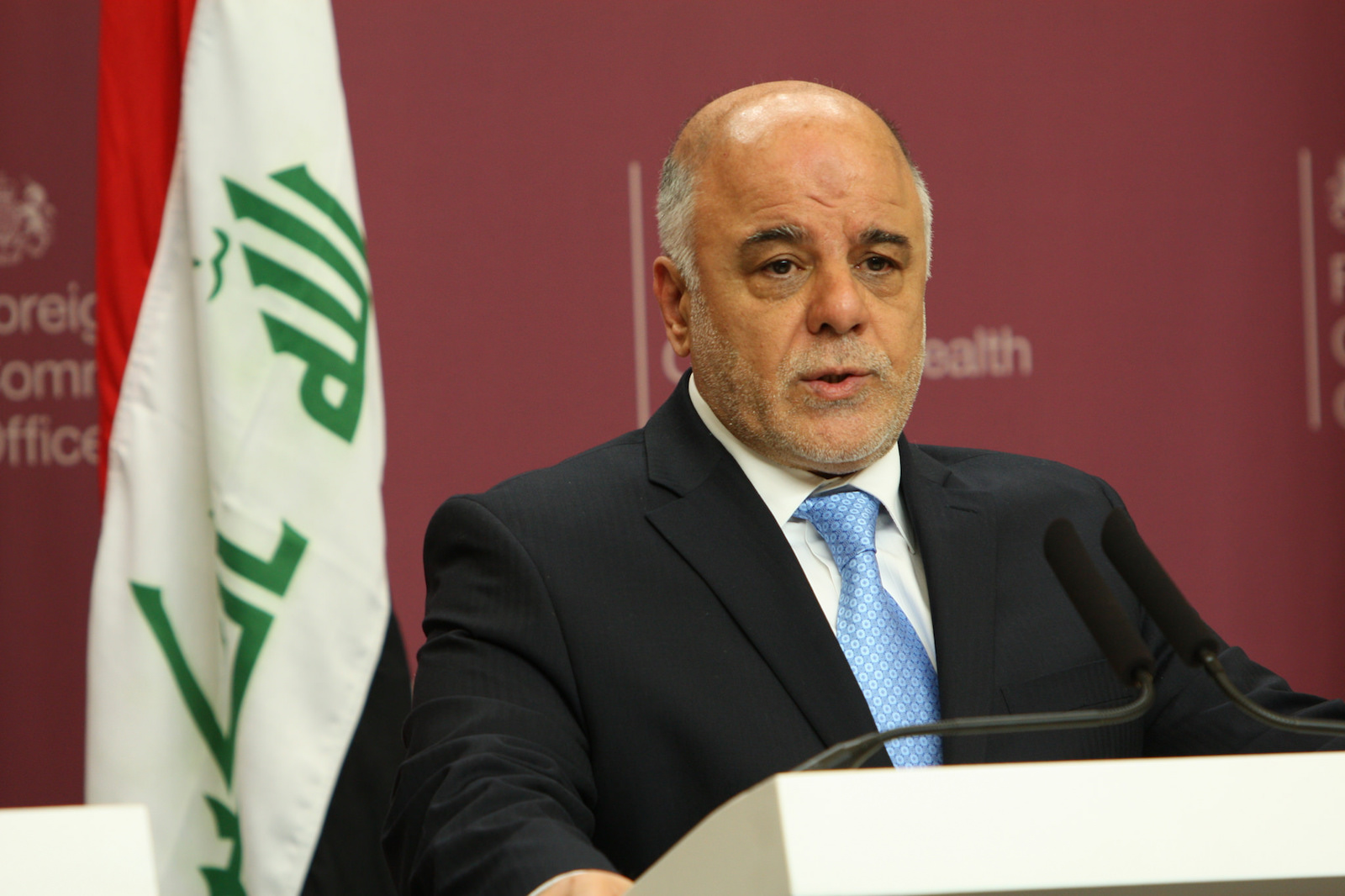Britain’s spies were involved in the torture and extraordinary rendition of terrorist suspects post-9/11, reports by the U.K. Parliamentary Intelligence and Security Committee (ISC) concluded in June.
MPs found that in over 200 cases U.K. agencies – the Security Service (MI5) and the Secret Intelligence Service (SIS or MI6) – continued to share intelligence with partners even though they knew detainees were being mistreated. In 198 cases, U.K. officers received intelligence from sources where mistreatment had taken place. Britain’s eavesdroppers in the Government Communication Headquarters were also criticised for sharing intelligence which could have supported illegal CIA activities, a claim denied by spy bosses.
While there was no evidence of officers directly carrying out torture, U.K. intelligence personnel made verbal threats in nine cases and on two occasions were “involved in detainee mistreatment” by allied agencies – a finding the ISC considered “unacceptable.” Despite repeated claims that U.K. spies have never been complicit in torture, MPs believed there were 13 occasions when British personnel watched abuse and over 100 instances of allied agencies discussing methods that appeared to be “detainee mistreatment.”
The report was also critical of the U.K.’s support for abduction, or extraordinary rendition, operations; Britain’s spies even funded allied renditions, “outsourcing of action they knew they were not allowed to undertake themselves.” On 22 occasions MI5 and SIS passed on intelligence to help an operation take place, turning a blind eye in a further 23 cases.
The ISC’s report pulled few punches. This was a damning report into the conduct, guidance, and Ministerial oversight of Britain’s spies that sent shockwaves across Whitehall. Former Justice Secretary Ken Clarke renewed calls for an independent judge-led inquiry to get to the truth, while Labour’s Lord Faulkner said the U.K. government had been slow to respond to the claims.
ISC Chair and former Attorney General Dominic Grieve told journalists that officers worked with countries with “very dubious human rights records, where it would have been very likely that the person would be in fact tortured or ill-treated.”
Prime Minister Theresa May said that Britain’s spies found themselves in a “new and challenging operating environment.” It took “too long to recognise that guidance and training for staff was inadequate, and too long to understand fully and take appropriate action on the risks arising from our engagement with international partners on detainee issues,” she added.
Of course, this wasn’t the only time that questions have been asked about British intelligence. In May this year, the U.K. government apologized to Libyan dissident Abdel Hakim Belhaj and his wife Fatima Boudchar for Britain’s role in Belhaj’s illegal rendition to Libya. In 2012, the British government paid out £2 million ($2.6 million) compensation to the family of another Libyan dissident for similar treatment, while the U.K. Court of Appeal ruled in 2010 that MI5 was “complicit” in the torture of U.K. resident Binyam Mohamed.
Since July 2010, intelligence officials have worked under “Consolidated Guidance” setting out the principles of U.K. policy towards detainees. U.K. spies also seek assurances how intelligence will be used by friendly agencies.
But when it comes to sharing and receiving information from allies, Britain’s spies remain in a catch-22: closing the exchange of information will have a negative impact on U.K.’s safety, but sharing with partners with different ethical and legal boundaries is also a questionable practice.
Exchanging Intelligence
Liaison has always been an important, if tricky, part of intelligence work. Since 9/11, the U.K. has worked with partners outside the traditional Anglosphere to prevent terrorist attacks. Regimes in the Middle East were especially useful, knowing more about Islamic terrorist groups than the West and able to penetrate groups with agents and informers more easily.
In 2013, SIS’s then Chief Sir John Sawers told the ISC: “If there is a terrorist… say a British extremist has gone to a foreign country and it is important for our security, in the U.K., that an eye is kept on him, that he is surveilled, that he is monitored. Maybe he needs to be detained and arrested at some point. We don’t have the powers to do that. It is the local partners that have the powers to do those things.”
The brutal fact is that Western agencies need to work with partners who may not live up to the same high standards of human rights compliance. While Sawers said SIS sought “clear assurances” over how intelligence should be used, there were “sometimes some fine balances to be drawn here.” Ending intelligence sharing on ethical grounds may harm national security.
The problem becomes even more difficult with the U.K.-U.S. “special” intelligence relationship. Britain’s spies knew of the CIA’s “extraordinary rendition” programme shortly after 9/11. In 2007, the ISC noted growing concern at the CIA’s tactics, while SIS’s support for such methods even led to a breakdown in MI5-SIS relations in the short term.
But there were limits to any opposition. Would the U.K. end liaison, undermining aspects of the “special relationship” and possibly threatening U.K. security to stop allegations of collusion? Certainly, no. Even in their damning report on U.K. involvement in torture and rendition, the ISC admitted that Britain’s spies were a “junior partner with limited access or influence, and distinctly uncomfortable at the prospect of complaining to their host.”
While agencies often give caveats as to how intelligence can be used, it’s difficult to keep control once information has been handed over. The Government Communication Headquarters’ (GCHQ) sharing of intelligence may have contributed to CIA renditions, the ISC noted, yet governing how allies can use information is a headache – something GCHQ’s found over its intelligence supporting U.S. drone strikes. It’s likely that restrictions on intelligence would undermine an integral part of the U.S.-U.K. relationship, undermining U.K. influence and security links for little gain.
Britain’s spies and politicians do need to think hard about the conclusions of the ISC’s report. Setting out guidance governing intelligence liaison is an important step forward, yet the fact remains that U.K. intelligence needs to liaise with partners who certainly don’t operate with the same ethical and legal boundaries. Cutting these links would be detrimental to U.K. security, but continuing leaves Britain’s spies open to allegations of collections. It’s a difficult issue to solve.
Disclaimer: The views and opinions expressed here are those of the author and do not necessarily reflect the editorial position of The Globe Post.























